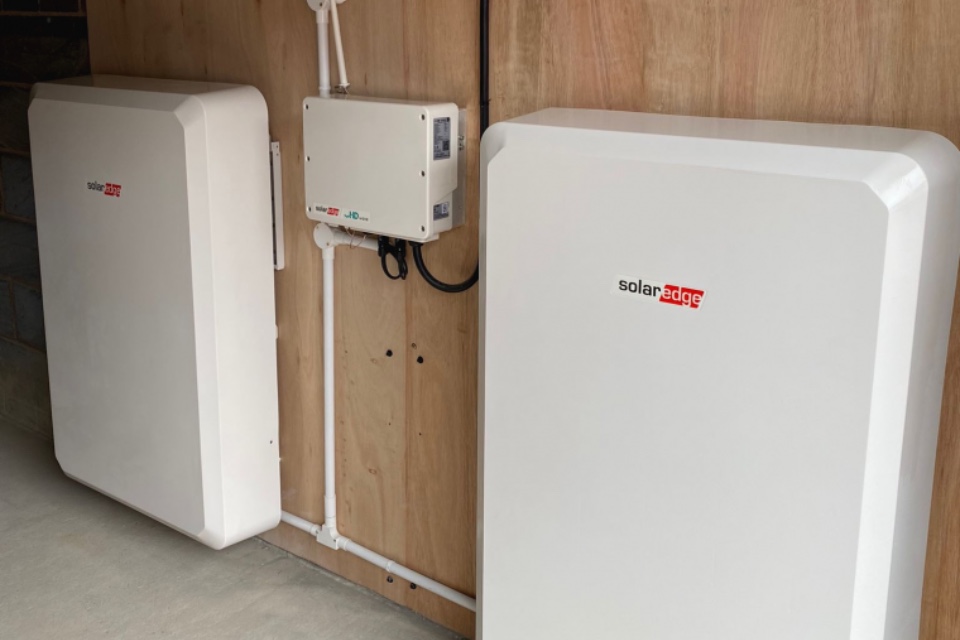SolarEdge Technologies revealed results of its UK home battery scheme, which it says was a first-of-its-kind in last winter’s National Grid ESO Demand Flexibility Service (DFS), with rewards for both end-users and the grid itself.
To recap: during DFS events, the National Grid offered financial incentives to participants nationwide who reduced their electricity usage at peak times to decrease demand on the grid.
Unlike ‘manual turn-down’ participants, SolarEdge Home Battery owners earned financial rewards for their stored battery power during peak hours, without having to reduce their electricity usage.
Smart Metering Systems Plc (SMS) used SolarEdge’s smart technology to autonomously charge participants’ batteries remotely ahead of each DFS event and then maximise power export to the grid during the event itself– eradicating the need for any manual participation from the homeowner.
Participating battery owners earned up to ten times more financial rewards than participants paid by the DFS for manually reducing their energy consumption. The highest financial reward received by a battery owner during a single DFS event reached £25.60, with the average reward received £6.52. In comparison, UK manual turn-down DFS participants received approximately 90 pence per DFS event on average.
In the six DFS events which SolarEdge batter owners participated in, the highest total reward achieved by a battery participant was £100.61. Projections by SMS suggest that if the DFS service becomes an enduring year-round service, domestic battery owners could earn over £300 per year.
For the National Grid, participating batteries reduced demand on the grid up to six times more than UK homeowners manually reducing their home energy consumption. On average, battery participants exported 2.7 kWh to the grid per DFS event, compared to less than 0.5 kWh reduction in grid demand on average per manual turn-down participant.
Mark Hamilton, Managing Director FlexiGrid at SMS, said: “Introducing automation into the DFS has game-changing potential to significantly amplify the volume of homeowner participation next winter and in future DFS events, and subsequently boost the impact of grid stabilization using home batteries. The ability to remotely schedule participant’s batteries to autonomously charge ahead of each DFS event and maximize power export to the grid during the event itself, means homeowners can earn passive income while consuming electricity as normal. This is in contrast to the DFS participants required to actively change their lifestyle and behavior to earn energy bill savings, which was a key factor in the drop-off in participation we saw as the national DFS scheme went on.”
Amit Larom, VP & Regional General Manager Western Europe at SolarEdge added: “As a provider of battery demand response programs around the world, we’ve seen first-hand the significant value it delivers to homeowners and grid operators alike. Home batteries enable homeowners to lower their energy bills and increase their savings by leveraging excess solar during evenings when electricity tariffs are at their highest. Participating in demand response programmes can further help improve the economics of purchasing a home battery. For grid operators such as the National Grid, the ability to leverage stored battery power from the community allows them to better respond to ever-increasing peaks in demand.”




